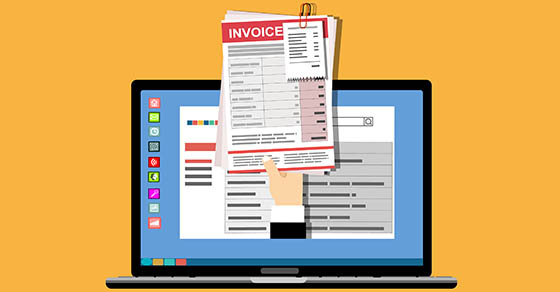Did you know that the IRS closely reviews your deductions for business meals or vehicle expenses? These expenses can be easily denied if you do not have proper documentation.

In many instances, taxpayers either maintain incomplete documentation or attempt to reconstruct records long after the fact. Such practices often fall short of the rigorous evidence requirements established by the tax law. Tax auditors are highly skilled at identifying inconsistencies, omissions and errors in supporting documentation, as demonstrated in a recent U.S. Tax Court case. (T.C. Memo. 2024-82)
Facts of the case
The taxpayer operated a software installation, training and consulting business. She claimed substantial deductions for several tax years. The IRS disallowed many of the deductions and the U.S. Tax Court agreed. Here is a rundown of some of the disallowed expenses and the reasons why they could not be deducted:
Meals and entertainment. The business owner deducted nearly $9,000 for meal expenses in one tax year and testified the amount was for “working lunches” with the “person she worked for and the developer.” As documentation, she submitted bank statements. The court noted that “bank statements alone do not substantiate the ‘business purpose of the expense’ or the ‘business relationship’ between petitioner and the individuals with whom she dined.” It added: “The cost of eating lunch during the workday is not — without more — a deductible business expense.”
Supplies. The taxpayer deducted more than $17,000 for supplies purchased during two tax years. She testified that these included “desks, monitors, office equipment, paper, printers, [and] anything that was pertinent to the business itself.” To substantiate her reported expenses, the taxpayer submitted receipts from office supply stores. However, the receipts were dated later than the tax years in question, and they covered (among other things) purchases of soda dispensers and gift cards. The court noted that “some of these purchases appear personal” and all were made after she terminated her consulting business.
Home office expenses. Over two years, the taxpayer deducted $21,393 for the business use of a home office. But the court ruled that she “failed to prove that the ‘focal point’ of her software consulting business was her home.” At trial, she testified that she was required to be on site at a client’s office much of the time. In addition, she did not supply evidence to establish how much time she worked from home or what (if any) portion of her residence was used exclusively for business purposes.
Other expenses the court disallowed included attorney’s fees, utilities, hotel stays and vehicle expenses. In all cases, the taxpayer did not substantiate with adequate records or sufficient evidence that the expenses were related to her business.
Best practices
This case exemplifies why it is critical to maintain meticulous records to support business expense deductions. Here is a list of DOs and DON’Ts to help meet the strict IRS and tax law substantiation requirements for these items:
DO keep detailed, accurate records. For example, for each business meal, record the amount, date, place, business purpose, and the business relationship of any person you dine with. If you have employees whom you reimburse for meals, travel and vehicle expenses, make sure they are complying with all the rules.
DON’T reconstruct expense logs at year end or wait until you receive a notice from the IRS. Take a moment to record the details in a log or diary or on a receipt at the time of an event or soon after. Require employees to submit weekly or monthly expense reports.
DO respect the fine line between personal and business expenses. Be careful about combining business and pleasure. Your business checking account and credit cards should not be used for personal expenses.
DON’T be surprised if the IRS asks you to prove your deductions. Vehicle, travel, meal and home office expenses are attention magnets. Be prepared for a challenge.
Stand up to scrutiny
With proper organization and our professional guidance, your tax records will be well-prepared to withstand IRS inspection. Alternative methods may be available to support your deductions when documentation is lacking. Additionally, in situations where records are lost due to unforeseen events such as fire, theft, flood or other disaster, certain deductions may be estimated under provisions such as the “Cohan rule.” If you have any questions, please contact your Rudler PSC tax advisor at 859-331-1717.
RUDLER, PSC CPAs and Business Advisors
This week's Rudler Review is presented by Brandon Hughes, Staff Accountant and Evan Kandra, CPA.
If you would like to discuss your particular situation, contact Brandon or Evan at 859-331-1717.


As part of Rudler, PSC's commitment to true proactive client partnerships, we have encouraged our professionals to specialize in their areas of interest, providing clients with specialized knowledge and strategic relationships. Be sure to receive future Rudler Reviews for advice from our experts, sign up today !